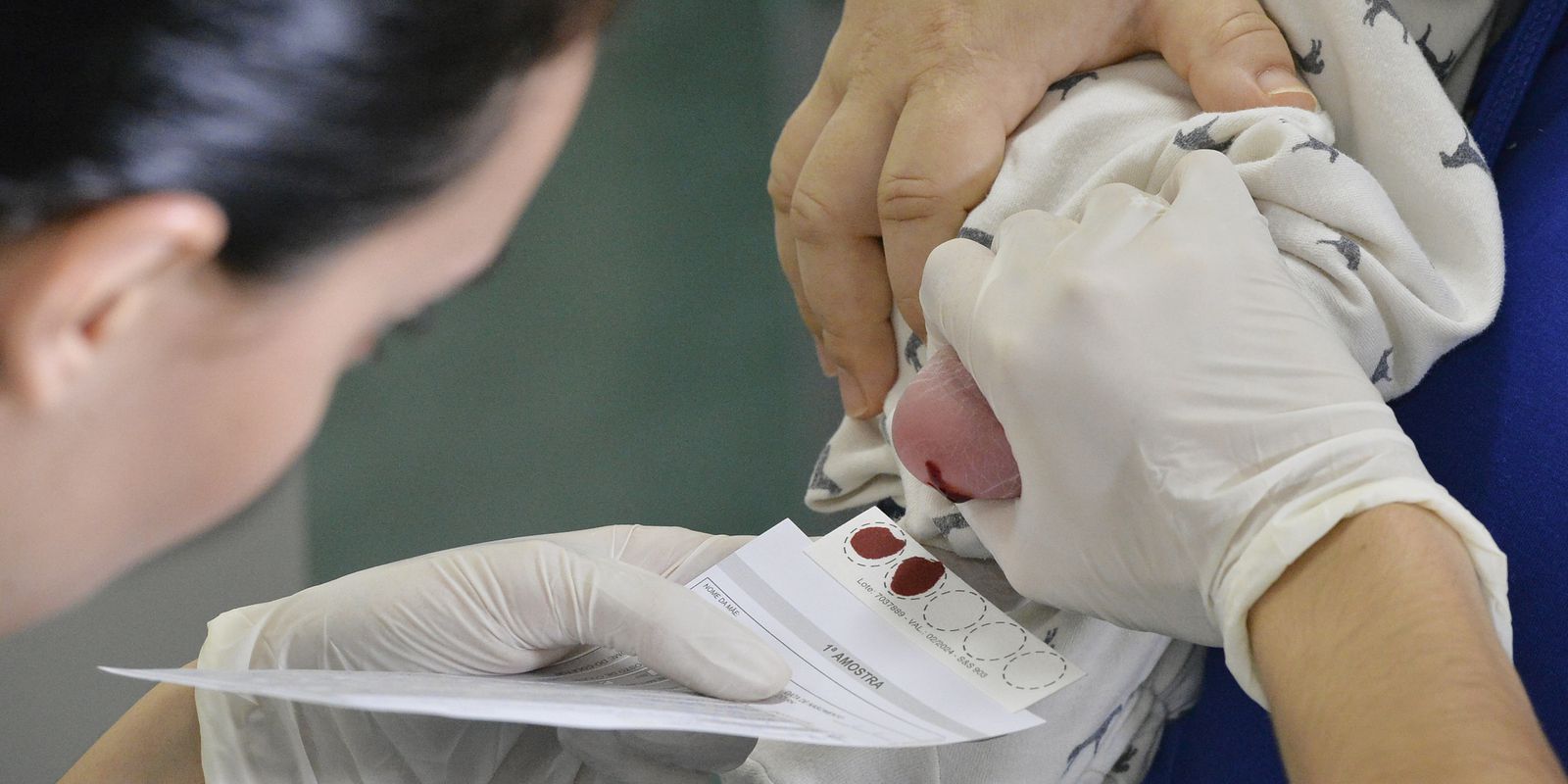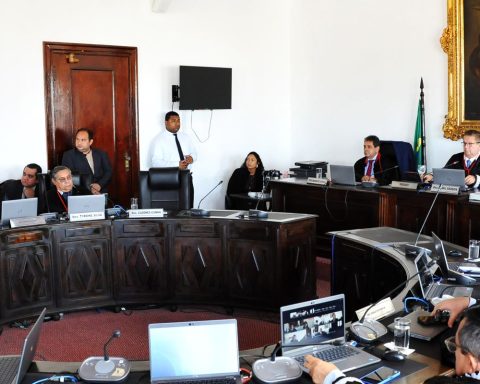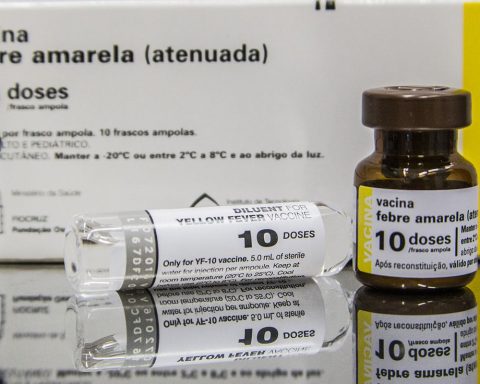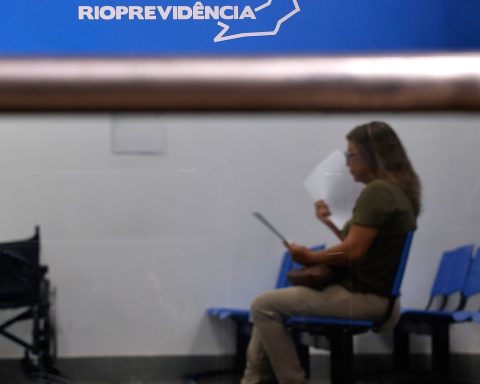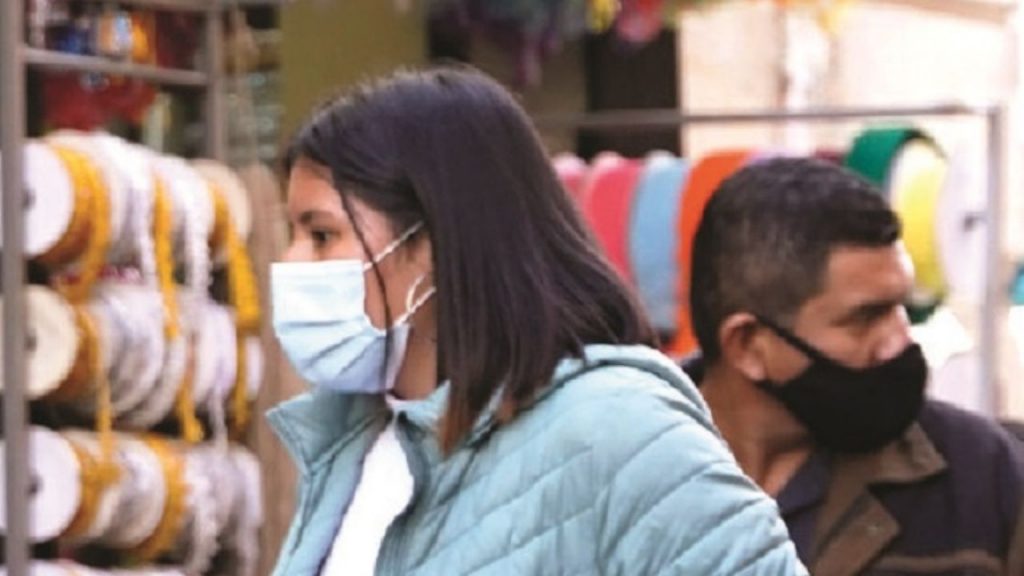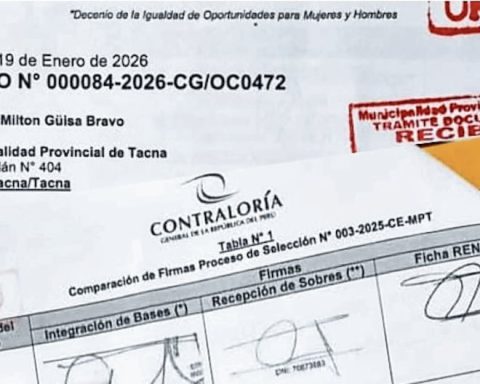The Senate plenary this Thursday approved the bill (PL) that expands the scope of neonatal screening known as the newborn screening. The PL modifies the Statute of Children and Adolescents to include diseases such as muscular dystrophies and other neuromuscular diseases in the list of foot tests. The text goes to the Chamber.
Currently, the neonatal screening offered by the SUS is capable of detecting six diseases: phenylketonuria; congenital hypothyroidism; sickle cell diseases and other hemoglobinopathies; cystic fibrosis; congenital adrenal hyperplasia; and biotinidase deficiency. With the expanded version, the test will be able to detect up to 53 diseases, including illnesses considered rare and that can only be discovered after examinations in the private health network.
The little foot test is mandatory and free. According to the Ministry of Health, newborn screening, also known as the heel prick test, is an exam that must be performed on all newborns, usually from the third day of life onwards. The test helps to diagnose some genetic and metabolic diseases. Thus, if any alteration is identified, treatment can be started right away, in order to avoid complications and promote the child’s quality of life.
* With information from the Senate Agency
